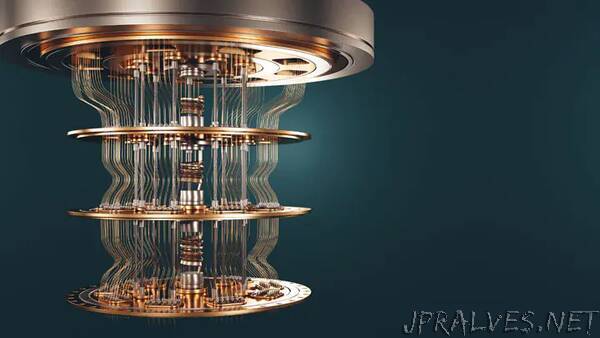
“NXP Semiconductors (NASDAQ: NXPI) today announced that a specialized security algorithm co-authored by NXP security experts has been selected by NIST to become part of an industry global standard designed to counter quantum threats. A second algorithm co-authored by NXP will also advance to the fourth and final round for further analysis and consideration for standardization. As the dangers of quantum computers become more clear, this effort anticipates the need to protect encrypted data and connected devices. The selected post-quantum cryptography (PQC) algorithms will be used to develop a new public key encryption standard that is secure against both traditional and quantum computers.
Many cyber security experts believe that when large-scale quantum computers come to fruition, the sheer computing power of these machines will be able to “solve” encryption challenges in a fraction of the time, breaking today’s public key encryption systems and leaving data, digital signatures and devices vulnerable. This creates substantial security risks for online devices and data, including financial transactions, critical infrastructure, over-the-air update mechanisms, and more.
To combat this, NIST announced an effort to standardize PQC algorithms that would allow the industry to transition to new, secure systems in advance of the quantum threat. The Crystals-Kyber lattice-based cryptography algorithm, submitted by NXP with security experts from IBM, will serve as the foundation for this new standard. The Classic McEliece, another co-authored NXP submission that belongs to the family of code-based cryptography, advances to an additional round of analysis and consideration for standardization.”
